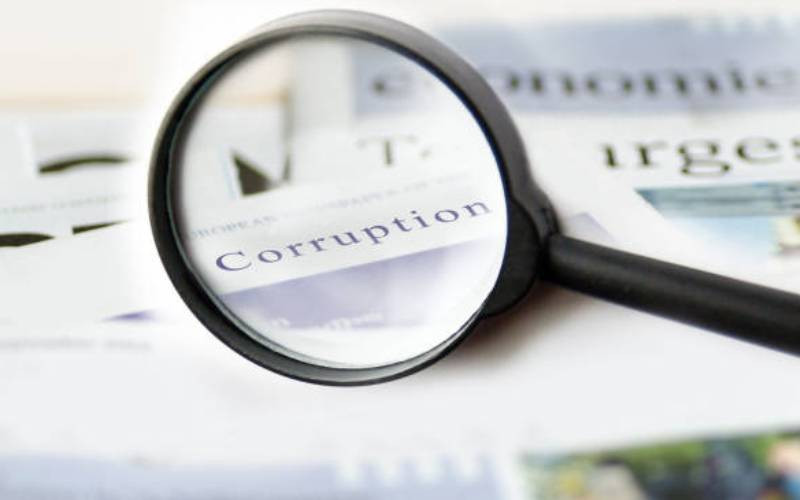×
The Standard e-Paper
Smart Minds Choose Us

United States President Joe Biden, once said, "Corruption is a cancer, a cancer that eats away at a citizen's faith in democracy..."
How can we have faith in democracy if cartels have formed a corrupt 'brotherhood' to protect one another? There is enough evidence that the 'brotherhood' makes it hard for anti-corruption agencies to fight the menace in Kenya.